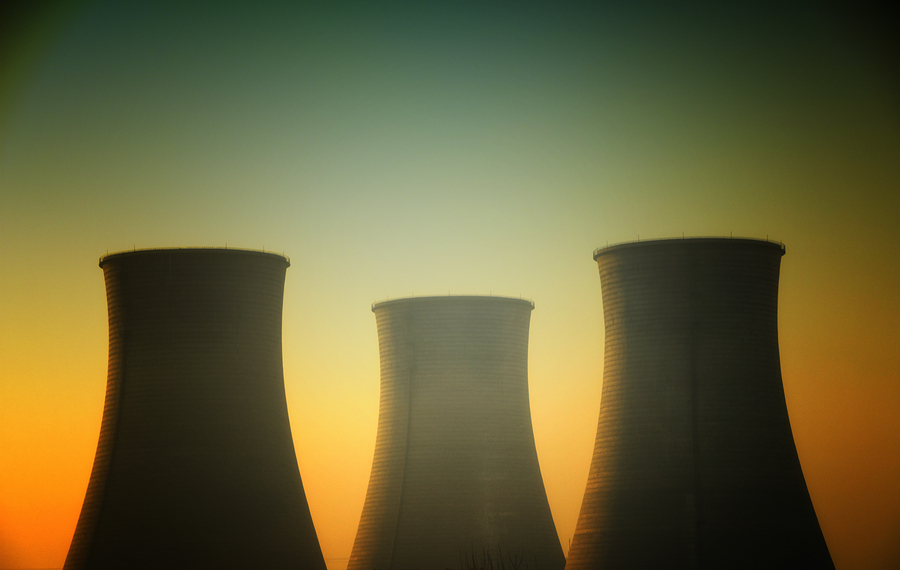According to documents seen by The Telegraph, the Japanese government is planning to release water into the Pacific Ocean from the devastated Fukushima Dai-Ichi nuclear plant that “contains radioactive material well above legally permitted levels,”1 because they are running out of space to store it (as you will remember, the plant was destroyed in 2011 after an earthquake and tsunami struck north-eastern Japan).
The plan to release the nearly “1.09 million tons of water currently stored in 900 tanks into the Pacific” has sparked outrage from locals and environmental groups as well as people in Taiwan and South Korea. (I bet it has!)
Until very recently, Tokyo Electric Power Co. claimed that the only significant contaminant in the water was safe levels of tritium (which you can find in small amounts in drinking water) and the government promised that all other radioactive material was “being reduced to ‘non-detect’ levels by the sophisticated Advanced Liquid Processing System (ALPS) operated by the nuclear arm of Hitachi Ltd.”2However, it seems that’s not quite true.
RELATED STORY:
Documents provided to The Telegraph by a source in the Japanese government suggest that the ALPS has consistently failed to eliminate a cocktail of other radioactive elements, including iodine, ruthenium, rhodium, antimony, tellurium, cobalt and strontium.3 (My emphasis.) And, to make matters worse, it appears that the authorities have known that the ALPS facility wasn’t eliminating the radionuclides to “non-detect” levels.
And just so we’re clear, these are dangerous chemicals:4
- Iodine 129 has a half-life of 15.7 million years and can cause cancer of the thyroid
- ruthenium 106 is produced by nuclear fission and high doses can be toxic and carcinogenic when ingested
- if ingested by humans, strontium 90 builds up in teeth and bones and can cause bone cancer or leukemia
After the Ministry of Economy, Trade and Industry held public hearings in late September, the Tokyo Electric Power Co. admitted that about “eighty percent of the water stored at the Fukushima site”5 still contained radioactive substances that were above legal levels.
In fact, Tepco (Tokyo Electric Power Co.) now admits that levels of strontium 90 are more than 100 times above legally permitted levels in 65,000 tons of the water that has already been put through the ALPS cleansing system.
RELATED STORY:
Shaun Burnie, a nuclear specialist with Greenpeace, said, “The planned release of billions of becquerels by Tepco cannot be considered an action without risk to the marine environment and human health.” And yet, despite the dangers and backlash, the Japanese government has yet to drop their plans.
We will update you if this story changes or if the government water releases happen.












